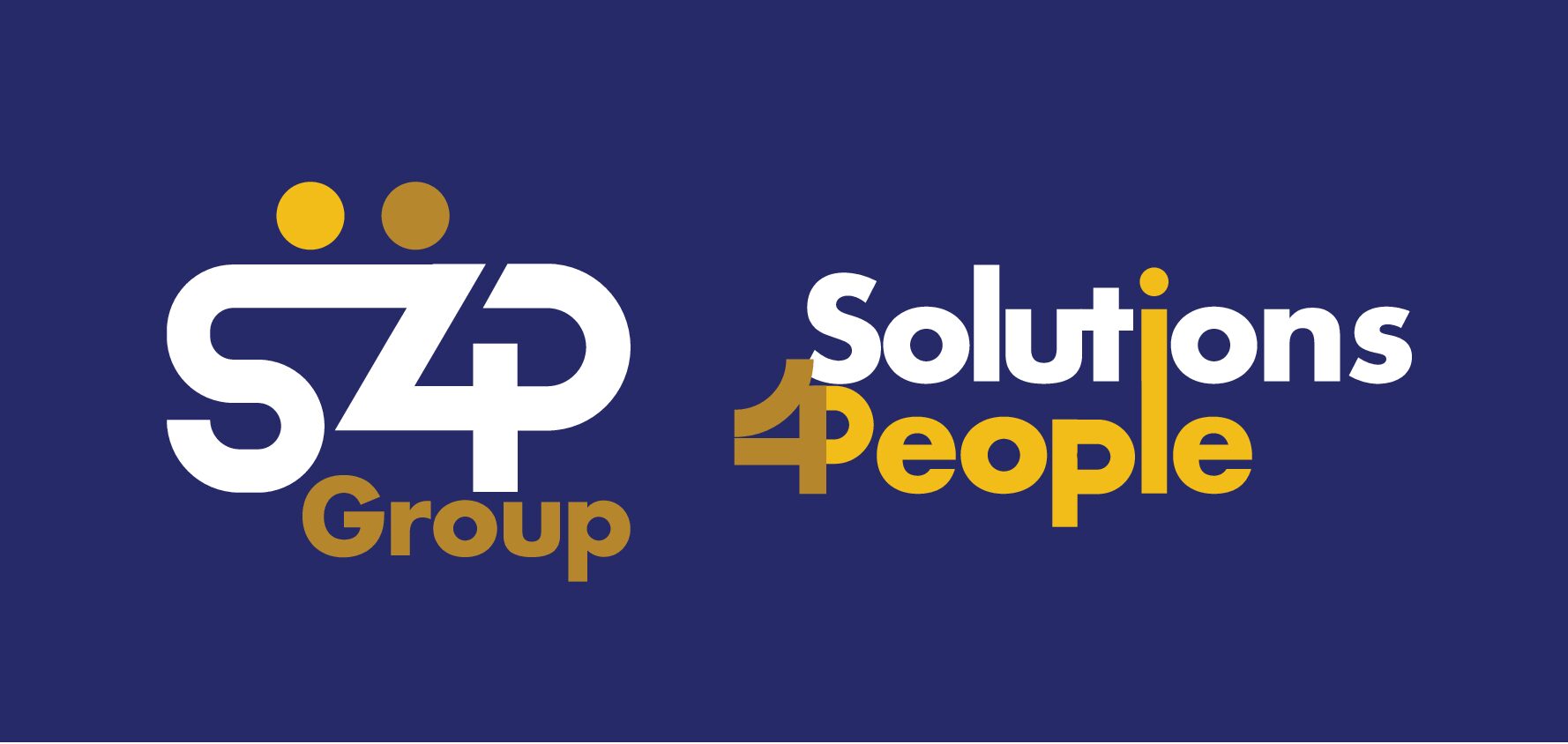+256 772 630763 | +256 703 630763 | info@s4pgroup.org

Family health campaign: increasing the uptake of Antenatal Care
USAID Social Behaviour Change Activity (SBCA) ● May 2023
What was the issue?
Antenatal care (ANC) refers to the routine care delivered to expectant mothers following conception to the onset of labour. The inadequate utilisation of ANC is a factor in the high rates of maternal and neonatal mortality in Uganda. Women in rural areas of Uganda are two times less likely to attend ANC than urban women. They usually register late for ANC attendance and do not complete the required four visits.
The USAID SBCA designed communication interventions targeting improvement in the uptake of health behaviours under seven thematic areas: HIV/AIDS, TB, Nutrition, Water, Sanitation and Hygiene (WASH), Malaria, Maternal, New-born and Child Health (MNCH), Family Planning/Reproductive Health (FP/RH), COVID-19 and Global Health Security Agenda (GHSA). Implementation was done at District, Sub County, Village, and Household levels.
Under MNCH, activities focused on encouraging pregnant mothers to utilise ANC services and to have a birth preparedness plan.
What did S4P Group do?
Working with USAID SBCA to implement a Family Health campaign in 21 districts, we designed communication interventions targeting improvement in the uptake of health behaviours for seven thematic areas one of which is Maternal and Child Health.
A baby shower is small party prepared in celebration of a mother that is about to have a baby. S4P Group organised baby showers to celebrate mothers that had achieved eight antenatal care visits in some of the Family Health campaign districts. This was in a bid to encourage other mothers in the villages to embrace antenatal care and birth preparedness and to encourage them to deliver at the health facility for the safety of both the mother and baby.
How did the S4P Group approach provide value?
In districts where the baby showers were embraced, a massive increase in seeking of ANC services was observed. Health facility staff shared their appreciation of this innovative way of promoting behaviour change and enthusiastically joined in the celebrations.
What is the impact?
While these baby showers were embraced in some places like Yumbe, Lamwo, they were rejected in other areas like Namayingo and Luuka districts as being culturally inappropriate. In these places, they pointed out cultural norms that don’t permit the celebration of a child before they are born. They were also wary of the baby shower gift exchanges for being a potential source of witchcraft.
However, for the areas where it was acceptable, they caused much excitement among the women and in the community. Pregnant women were encouraged to complete eight ANC visits so that they could join the baby showers and receive gifts in preparation for their new born babies. An average of 20 baby showers were conducted during each month of the Family Health campaign.
